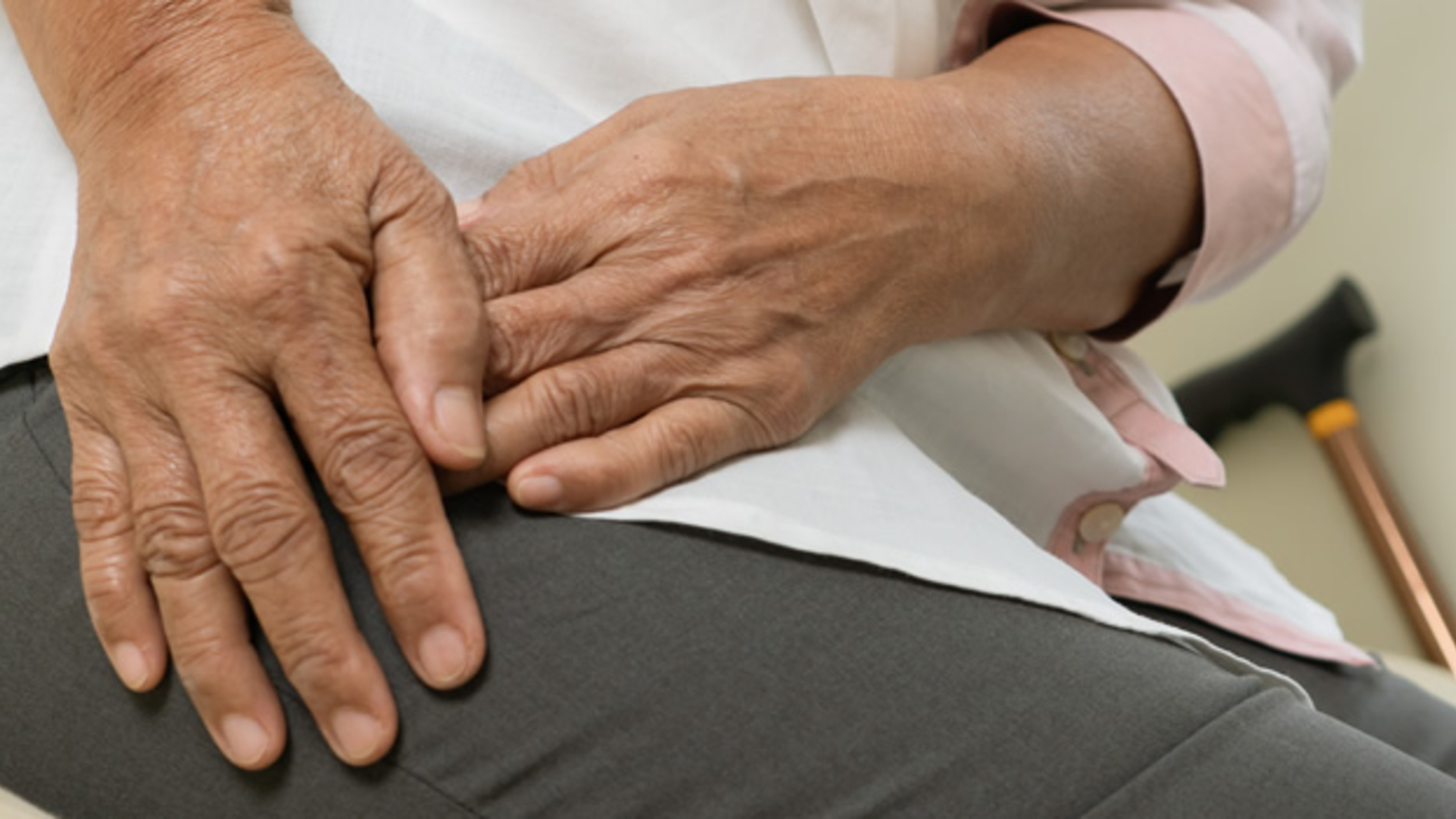Problematic Hip Replacement

About this PSP
Revision hip replacement surgeries are further operations carried out when the primary artificial joint components wear out, loosen or break. The Problematic Hip Replacement PSP identified unanswered questions about the assessment, management or rehabilitation of patients with problematic hip replacements from patient and clinical perspectives.
The Problematic Hip Replacement PSP Top 10 was published in October 2023.
Key documents
Problematic Hip Replacement PSP protocol
Problematic Hip Replacement PSP Steering Group terms of reference
Problematic Hip Replacement PSP engagement summary
Problematic Hip Replacement PSP question verification form
Top 10 priorities
The most important questions
- How can the cause of a problematic hip replacement be diagnosed more quickly and accurately?
- What causes pain in hip replacements? How is this best treated and managed, including using non-surgical approaches?
- What can be done before revision hip surgery (including physiotherapy, lifestyle change and exercise) to optimise the result?
- What are the best ways (including non-surgical treatments) of managing fractures around hip replacements?
- Are there ways to identify which people with a problematic hip replacement will benefit from revision surgery?
- What can be done after revision hip surgery (including physiotherapy and exercise) to optimise the result?
- What are the best ways to treat and manage infected hip replacements?
- What treatment benefits people with a problematic hip replacement when no cause is found?
- Is revision hip surgery best carried out by a specialist or non-specialist surgeon? Which is more successful and cost-effective?
- What are the early signs of a problematic hip replacement which indicate patients need to be assessed?
The following questions were also discussed and put in order of priority at the workshop:
- Do allergic reactions to the materials in an implant cause problematic hip replacements?
- When is the optimum time for revision hip surgery (for example when the replacement is causing pain or following dislocation)?
- How long do hip replacements last after revision hip surgery?
- What is the cause of muscle loss or damage following revision hip surgery, and how is this best treated?
- What are the long-term risks of further problems following revision hip surgery?
- How often should hip replacements be reviewed to check for problems?
- How long after the initial surgery should assessment and treatment of a problematic hip replacement begin?
- What is the best choice of implant to use for revision hip surgery?
- What causes soft tissue around the hip joint to harden following hip replacements?
Document downloads
For full details of all of the questions identified by this PSP, please see the document below.